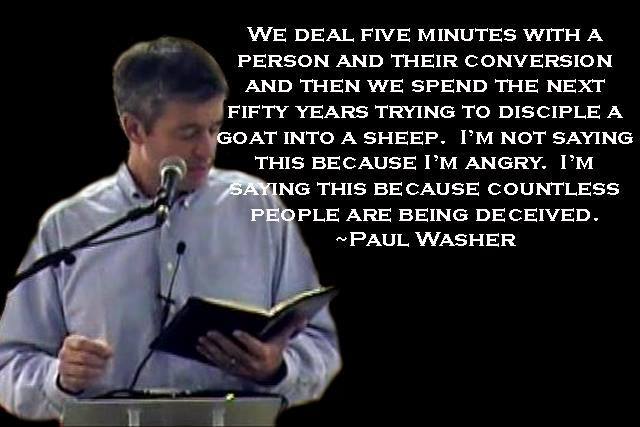>> Click Here to Listen to the Episode! <<
(Right Click and “Save As” to Download the File)

Andy received a Facebook message from a follower of his Contradict – They Can’t All Be True page that asked his thoughts on how to respond to the question, “Why Don’t Christians Care More About their Sins?” This episode of Reconnect gives a lengthy response to this question, weaving in various Youtube videos that feature Alistair Begg, R.C. Sproul, and Paul Washer.
Show Links
“Why Don’t Christians Care That They Sin?” Video – R.C. Sproul and Alistair Begg
“Sensitive to Sin?” Video – Paul Washer
“What is False Conversion?” Blog – Wrasman

